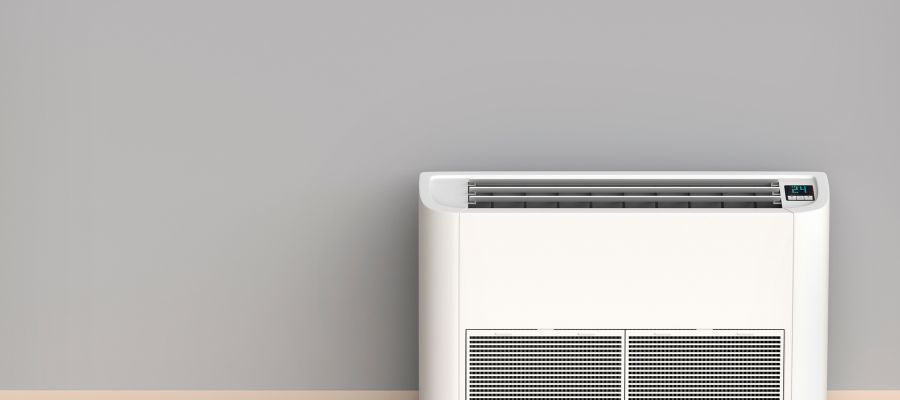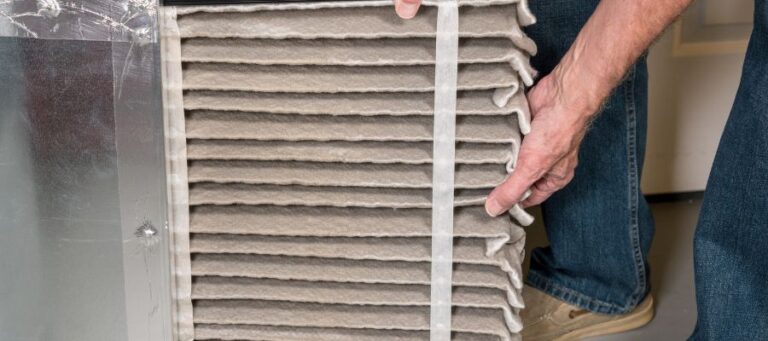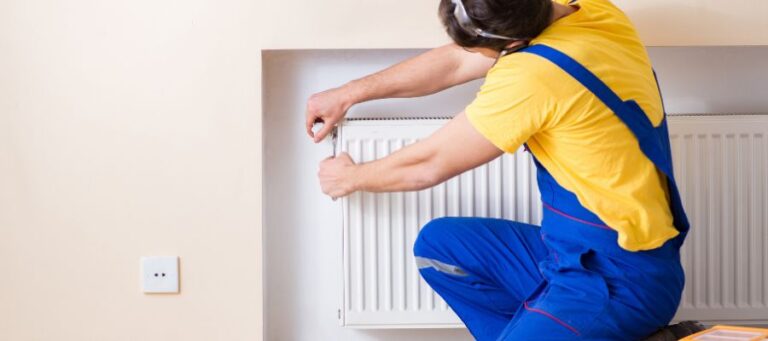

HVAC Services
Get Professional Repairs From The Area's Trusted HVAC Technicians. Ask About Our Services! We Offer Professional Heating & Cooling System Repairs And Guarantee Long-Lasting Results.
Got Question? Call us: (850) 678-2665Financing
Mastering HVAC Energy Efficiency: An In-depth Guide to High-Performance Heating and Cooling

As modern technology continues to evolve, the concept of HVAC energy efficiency has become central to discussions about comfortable, affordable, and environmentally friendly living. When we talk about HVAC energy efficiency, we’re referring to heating, ventilation, and air conditioning systems that use less energy to operate while providing a consistent level of temperature control and comfort.
This guide will dive deep into the importance of HVAC energy efficiency, the mechanics behind efficient systems, and the benefits that these systems provide to homeowners and businesses alike. Our objective is to provide a comprehensive understanding of energy conservation in the HVAC industry.
Understanding HVAC Energy Efficiency
At the core of HVAC energy efficiency are the metrics and terminologies such as SEER (Seasonal Energy Efficiency Ratio), EER (Energy Efficiency Ratio), HSPF (Heating Seasonal Performance Factor), and AFUE (Annual Fuel Utilization Efficiency). These ratings, regulated by authorities like the Department of Energy (DOE), provide an easy way to compare the efficiency of different HVAC systems. Higher ratings indicate more energy-efficient equipment.
The Importance of HVAC Energy Efficiency
Energy-efficient HVAC systems significantly reduce energy consumption, leading to lower utility bills. They also play a critical role in reducing our carbon footprint and mitigating the impact of global warming. Homeowners enjoy consistent, comfortable indoor temperatures, while businesses can enhance their reputation as green companies.
HVAC Energy Efficiency Standards and Regulations
Governments and international organizations have established several standards and regulations guiding energy efficiency in HVAC systems. In the U.S., the DOE sets efficiency standards for various types of HVAC equipment. Manufacturers are required to comply with these standards, resulting in more energy-efficient products in the market.
Types of Energy-Efficient HVAC Systems
Various types of energy-efficient HVAC systems are available, with technology ranging from heat pumps and geothermal systems to solar-powered HVAC and ductless mini-splits. Heat pumps, for example, leverage the heat exchange between outdoor and indoor air to provide efficient heating and cooling. Geothermal systems use the earth’s consistent underground temperature to heat and cool homes, reducing reliance on fossil fuels.
The Role of HVAC Components in Energy Efficiency
The efficiency of an HVAC system isn’t just about the equipment itself, but also about supporting components. For instance, programmable thermostats allow for better temperature control and timing, reducing energy waste when no one is at home. Variable-speed fans can adjust their speed based on the system’s needs, saving energy.
Maintenance and Efficiency
Regular maintenance of your HVAC system plays an integral role in maintaining its efficiency. Something as simple as changing air filters regularly or as complex as seasonal tune-ups can make a significant difference in your system’s energy usage and lifespan.
Here are some of the main points to consider:
Importance of HVAC Maintenance
Regular maintenance of your HVAC system can help you avoid costly repairs, improve your system’s efficiency, extend its lifespan, improve your indoor air quality, and keep your home safe. Maintenance tasks include changing or cleaning the air filter, clearing the outside unit, inspecting the electrical connections and contacts, cleaning the drain lines, and scheduling annual tune-ups with a professional technician.
Efficiency in HVAC Design
The design of your HVAC system can also affect its efficiency and performance. You should consider factors such as the size, type, and placement of your system, as well as the use of renewable energy sources or natural conditions to reduce the heating or cooling load. You should also look for features such as demand-controlled ventilation, heat recovery, or variable speed motors that can optimize your system’s operation and energy consumption.
Efficiency in HVAC Use
The way you use your HVAC system can also have a significant impact on its efficiency and comfort level. You should adjust your thermostat settings according to the season, time of day, and occupancy level. You should also use a programmable or smart thermostat that can automatically adjust the temperature based on your schedule and preferences. You should also seal any air leaks, add insulation, and use fans or shades to reduce heat gain or loss in your home.
Improving HVAC Energy Efficiency
There are many ways to improve HVAC energy efficiency, ranging from proper system sizing and sealing ductwork to using window coverings to reduce heating and cooling loads. Implementing zoned heating and cooling can also dramatically improve efficiency by only conditioning the spaces in use.
Financial Incentives for Energy-Efficient HVAC Systems
To encourage the adoption of energy-efficient HVAC systems, various financial incentives like tax credits, rebates, and financing programs are available. These incentives can significantly reduce the initial cost of purchasing and installing high-efficiency HVAC systems.
Evaluating and Measuring HVAC Energy Efficiency
Before investing in a new HVAC system, it’s crucial to evaluate its energy efficiency. Apart from SEER, EER, HSPF, and AFUE ratings, consider the system’s lifecycle cost, including purchase price, installation cost, and estimated annual energy cost.
Future Trends in HVAC Energy Efficiency
The HVAC industry is continuously evolving, with innovations focusing on improving energy efficiency. From smart thermostats and zoned systems to variable-speed technology and geothermal heat pumps, the future of HVAC is geared towards reducing energy consumption while maximizing comfort.
Conclusion
Understanding HVAC energy efficiency is key to making informed decisions when choosing a heating and cooling system for your home or business. By focusing on energy efficiency, you’ll not only save money on energy costs but also contribute to a more sustainable future.
Remember, efficient HVAC systems are a critical component of green building design, and they form the backbone of energy conservation efforts in modern construction. By choosing an energy-efficient HVAC system, you’re making a long-term investment in comfort, cost savings, and the environment.
Related Articles:
Comprehensive Guide to Enhancing HVAC Efficiency
The Ultimate Guide to HVAC Ductwork Optimization



